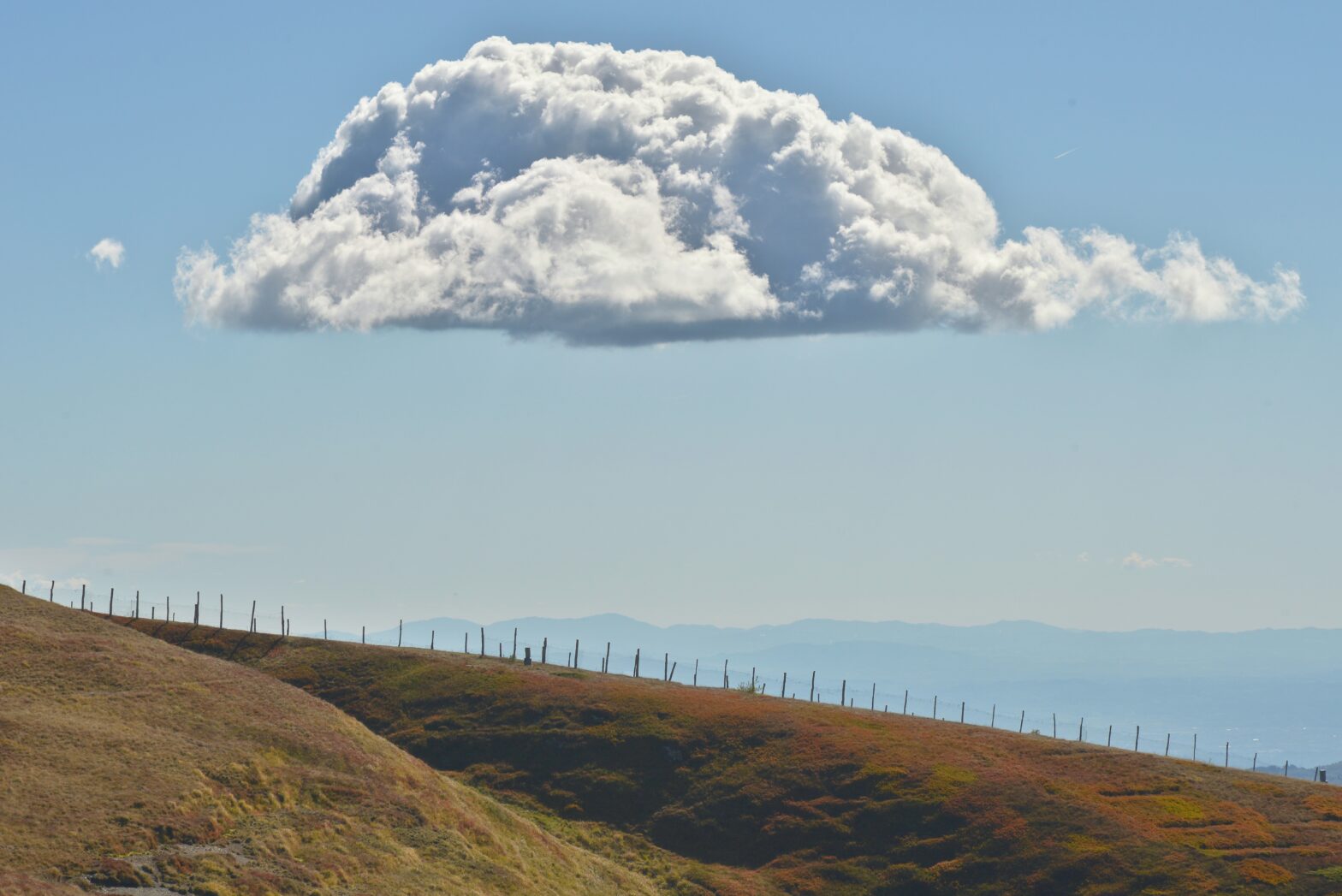Psalm 91:1
He who dwells in the shelter of the Most High will abide in the shadow of the Almighty.
Psalm 91:1
Why art thou repeating thyself
Is dwelling in the shelter of God the same as abiding in his shadow? Is the psalmist saying the same thing twice? What should we make of this? Let’s take a look…
The words used are certainly different…
The word “dwell” comes from the word, “yāšaḇ” (yaw-shab) and is used over 1000 times in the Old Testament. It is usually used as a permanent or long term place to stay or live.
Here are some examples of where else this word is used:
- Cain lived in Nod (Genesis 4:16)
- Jonathan told David to hide from Saul in a secret place (1 Samuel 19:2)
- Abraham dwelt in Beersheba where he had a bunch of kids and buried his wife (Genesis 22:19)
- Twice God “sits” in Psalm 29:10 where he is “enthroned forever”
On the other hand, the word used for “abide” in Psalm 91:1 is “lûn” (loon) and seems to be used as something a bit more temporary. Many usages involve staying somewhere for the night or lodging. It can even be used for “murmuring”, “complaining”, “grumbling” in some translations like when traveling Israelites were unhappy with Moses. Here are some of these examples:
- Jacob made a sacrifice on the mountain and stayed there for the night (Genesis 31:54)
- The people compained to Moses and God about water and comforts (Exodus 15:24, Exodus 16:7)
We can also learn about what this instance of abiding involves – which is in this case – a shadow? This word for shadow is used pretty consistently in a positive way as a shade of protection or sometimes a literal shadow. See Psalm 17:8. A shadow or shade moves with the changing environment around it (the sun and objects). A shadow is a shelter (“abide”) but not the same kind of shelter that a tent or a house is (“dwell”).
We can also learn about the intent behind these words by assessing which words the author intentionally chose not to use. Right around the corner in verse 2, the psalmist uses words for “shelter” as in a literal temporary shelter from the rain. They also us “fortress” as David used as a fort or stronghold.
So these “dwell” and “abide” are not those. The dwelling refers to a comfortable home for the long haul. Abide is also a more comfortable and peaceful place and a needed place to stay but very temporary.
The dwelling is set but the shadow will follow
Perhaps one way we can think about this is that our overall faith and belief in God can be our dwelling. It is our shelter in the desert where we can live and rest and hide. It is always there for us and we can always run back. It is solid. It is set. It is reliable.
If this dwelling is our continuous relationship with God where there are ups and downs, wins and failures, but it is always there… then maybe abiding is more of a regular choice we must make.
As God moves, as He works his creation (Romans 8:28), as we live our life, it can be easy to fall into the trap of believing we are on our own and God is this distant force – the dwelling place that is now miles away from here. But this is not true.
There is the shadow that we also abide in by dwelling in Him.
He who dwells in the shelter of the Most High will abide in the shadow of the Almighty.
Psalm 91:1
Now, this is no distant refuge. This is a shadow that follows us wherever we go – or to be more precise – wherever God takes us (Jeremiah 10:23). Imagine the shadow cast by the magnificent cloud that guided God’s people out of Egypt. God is guiding us, moving with us, and will supply our protection from the scorching world.
they shall not hunger or thirst, neither scorching wind nor sun shall strike them, for he who has pity on them will lead them, and by springs of water will guide them.
Isaiah 49:10
Praise the Almighty who guides us, offers refuge, but also protection wherever he leads.


1 comment
Comments are closed.